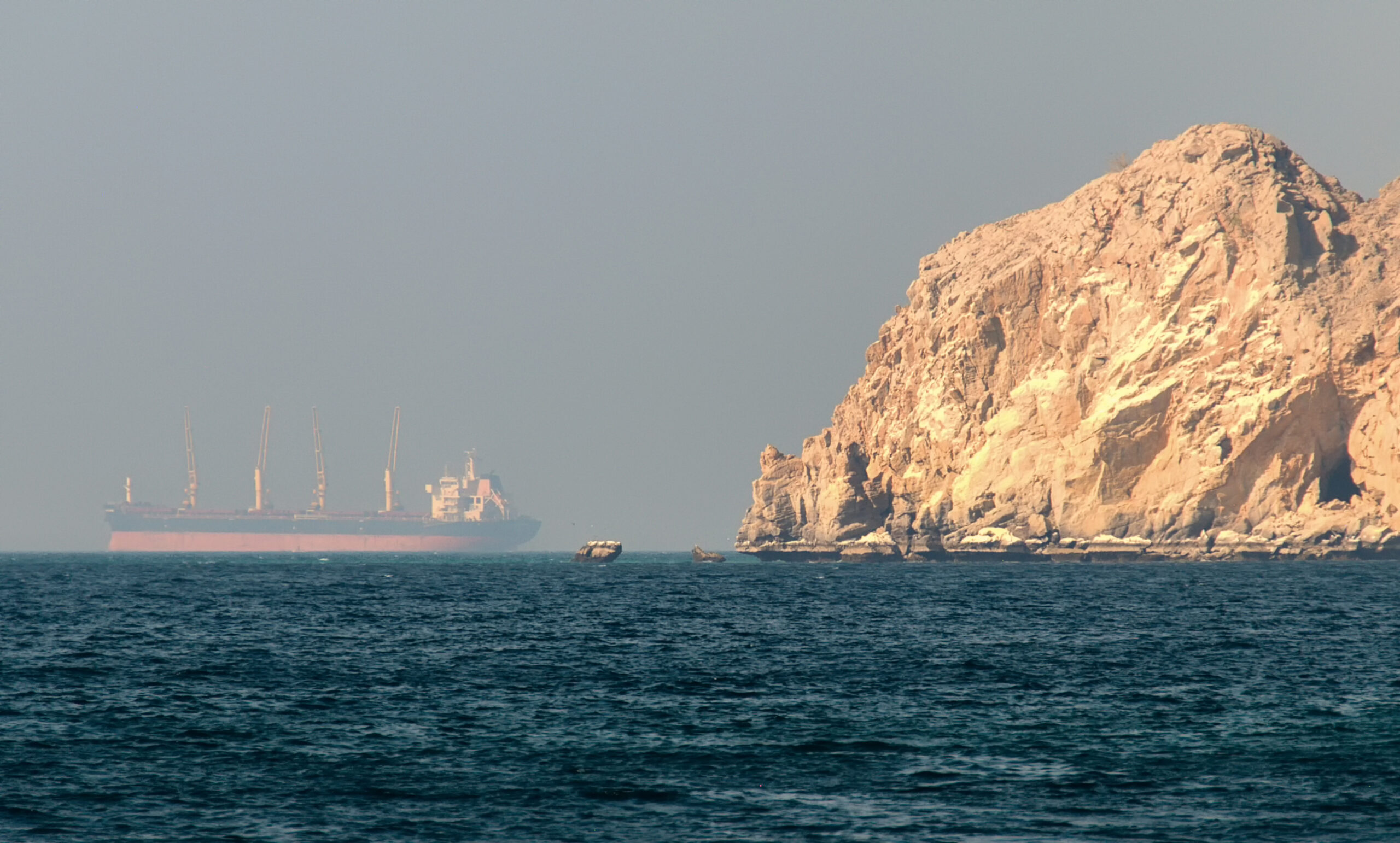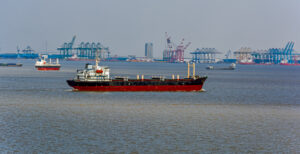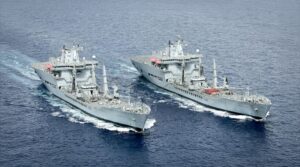Mounting tensions in the Middle East spiked further over the weekend with Iranian air attacks on Israeli military facilities, raising the risk of increased volatility in oil markets and providing a fresh reminder of the importance of oil security.
The European Union is facing an important week, with government leaders set to discuss how to ensure the region’s economy and industries remain globally competitive following the turmoil caused by the recent energy crisis.
With bated breath the countries of the West, which overwhelmingly expressed their support for Israel following Iran’s drone attack, they are monitoring developments in Tel Aviv and what decision Benjamin Netanyahu’s government will take on retaliation.
Israel has reviewed military plans for a potential response against Iran during a meeting on Monday, an official said, but it is not clear at this point if a decision has been made.
The Iranian foreign minister, who has stepped up diplomatic activities after Tehran’s military operation against Israel in retaliation for the airstrike on Iran’s diplomatic mission in Syria, reaffirmed the country’s right to legitimate self-defense, said yesterday, Tasnim News Agency, a semi-official news agency in Iran.
Now the shipping industry is facing the threat of a potential closure of the Strait of Hormuz, if tensions escalate, which would have grave consequences for the crude tanker market.
In the wake of the Israel-Iran tension, External Affairs Minister of India S. Jaishankar on Sunday said India has urged Iran to release 17 Indian crew members onboard the Portugal-flagged vessel MSC Aries seized by Iran.
If attacks like this one continue, or broaden, Middle East container flows would feel the strongest impact.
Iran has been accused of seizing a commercial ship on April 13, 2024. “The cargo ship was seized by the IRGC Navy forces on Saturday noon,” reported Tasnim News Agency.
Addressing the growing concern, Minister Jaishankar reassured, stating, “Spoke to Iranian foreign minister Amir-abdollahian this evening. Took up the release of 17 Indian crew members of MSC Aries. Discussed the current situation in the region. Stressed the importance of avoiding escalation, exercising restraint and returning to diplomacy. Agreed to remain in touch.”
As it is reported by shipping claims specialist WK Webster: “We have received reports that container carrier, MSC ARIES (IMO: 9857169) has been hijacked in an attack attributed to Iranian forces in a position approximately 50 nautical miles east of Fujairah, in the United Arab Emirates on April 13, 2024.”
It is reported that the vessel has been re-directed towards Iranian waters and that the AIS tracking system has been turned off.
As WK Webster said on April 13, “it is not currently clear what is the fate of the crew on board the vessel, but reports suggest it is unlikely they made it to the citadel given the course alterations observed since it was hijacked. Authorities in India are reportedly in contact with the Iranian Authorities to secure the crew’s safety.”
The International Chamber of Shipping has called for the immediate release of the container ship seized by Iranian forces on Saturday.
The welfare of the 25 innocent seafarers that are now being held hostage are the highest priority and ICS calls for the immediate release of the seafarers and the ship, highlights the ICS in its statement.
“The action is a direct contravention of international law and is an assault on the fundamental principle of freedom of navigation,” it added.
Guy Platten, Secretary General of the International Chamber of Shipping commented:
“Iran’s seizure of the MSC Aries is a flagrant breach of international law and an assault on freedom of navigation.
“This reprehensible attack against a merchant ship once again places innocent seafarers on the front lines of geopolitical conflict.
“Our thoughts are with the 25 seafarers who are now captives of Iran, and with the families who are now in fear of their loved ones’ safety. Iran must release the ship as a matter of urgency.”
United Nations secretary-general Antonio Guterres urged warring parties to avoid any action that could lead to major military confrontations on multiple fronts in the Middle East.
As he said the “Middle East is on the brink” and the people of the region are confronting a real danger of a devastating full-scale conflict.



